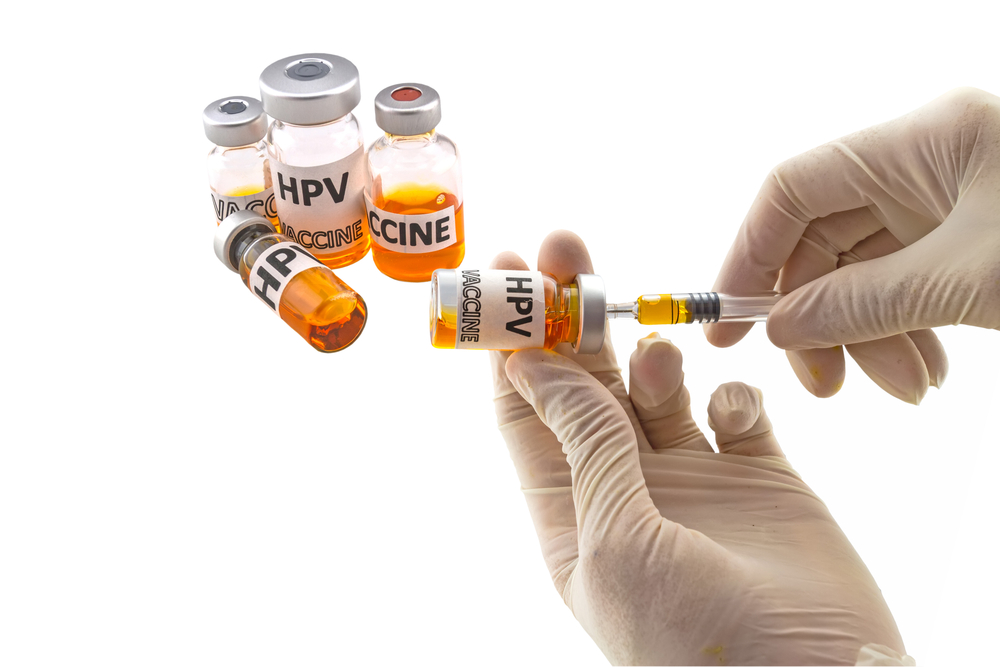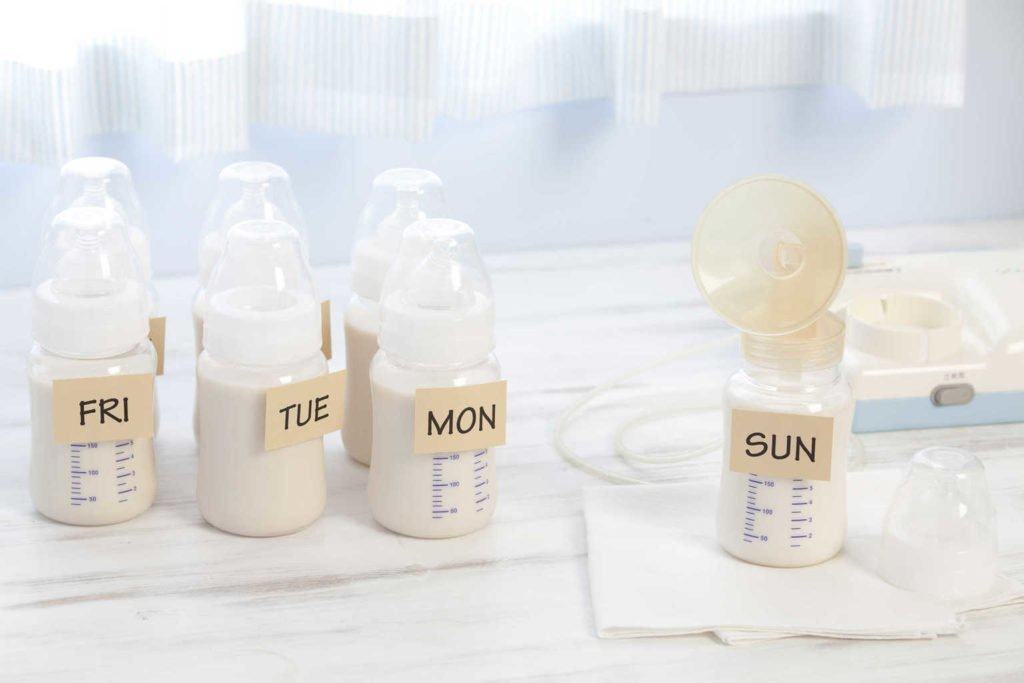Contents:
- Medical Video: Innovative Options for Noninvasive Colorectal Cancer Screening
- What are the screening tests available to detect colon cancer?
- When should I undergo colon cancer screening?
Medical Video: Innovative Options for Noninvasive Colorectal Cancer Screening
Medical examination regularly can detect colon cancer early, so it is still very possible to be cured. In many people, screening can also be complete prevent colon cancer. This is due to several polyps, or mass growth, can be found and removed before it has a chance to turn into cancer.
What are the screening tests available to detect colon cancer?
Screening tests used to detect colon cancer include:
- Guaiac faint blood test (gFOBT) and faecal immunochemical test (FIT): Stool samples are examined for blood, which can be a sign of polyps or cancer.
- Stool DNA Test: Sample stools for certain abnormal parts of the DNA (genetic material) of cancer cells or polyps.
- Sigmoidoscopy: A thin and flexible tube is inserted into the rectum and lower intestine to check for polyps and cancer.
- Colonoscopy: Long and flexible hose used to examine the entire large intestine and rectum.
- Barium enema with double contrast: This is an x-ray test of the large intestine and rectum.
- CT colonography (virtual colonoscopy): This is a CT scan to scan images of the large intestine and rectum.
The gFOBT, FIT, and faecal DNA tests most often detect colon cancer, but can also find several polyps.
Sigmoidoscopy, colonoscopy, barium enema with multiple contrasts, and CT colonography are good at finding cancer and polyps. Polyps found before turning into cancer can be removed, so that these tests can prevent colorectal cancer. This is why these tests will be preferred if available and you are willing to do so.
When should I undergo colon cancer screening?
Different organizations have set different recommendations for colorectal cancer screening. Two examples of recommendations will be explained below. Consult your doctor about the best tests and the time lag between tests based on your medical history and personal risks related to cancer.
Starting at the age of 50 years, both men and women with medium risk must follow one of the following test schedules.
The following tests detect both polyps and cancer:
- Sigmodoiskopi is flexible, every 5 years
- Colonoscopy, every 10 years
- DCBE, every 5 years
- CT colonography, every 5 years
The following tests mainly detect cancer:
- gFOBT, every year
- Stool immunochemical tests, every year
- Blood DNA test, as often as the doctor recommends
U.S Preventive Health Service Task Force (USPSTF) also has guidelines for colon cancer screening, which are slightly different from those mentioned above. The USPSTF recommends one of the following test methods:
- High sensitivity FOBT, every year
- Sigmoidoscopy, every 5 years, with a FOBT test between the test breaks
- Colonoscopy, every 10 years
In addition, this organization thinks there is not enough evidence of benefits or disadvantages to recommend virtual colonization and stool DNA testing.
According to the USPSTF, adults between the ages of 76 and 85 should not do routine screening because the risks outweigh the benefits, and older people over the age of 85 can avoid colorectal cancer screening. However, people with a history of polyps or colon cancer are more at risk for this disease, and screening can still be recommended at a later age.
It is important to remember that regardless of the test and screening schedule, any test that indicates an abnormality must be followed up with a colonoscopy.
Hello Health Group does not provide medical advice, diagnosis or treatment.












